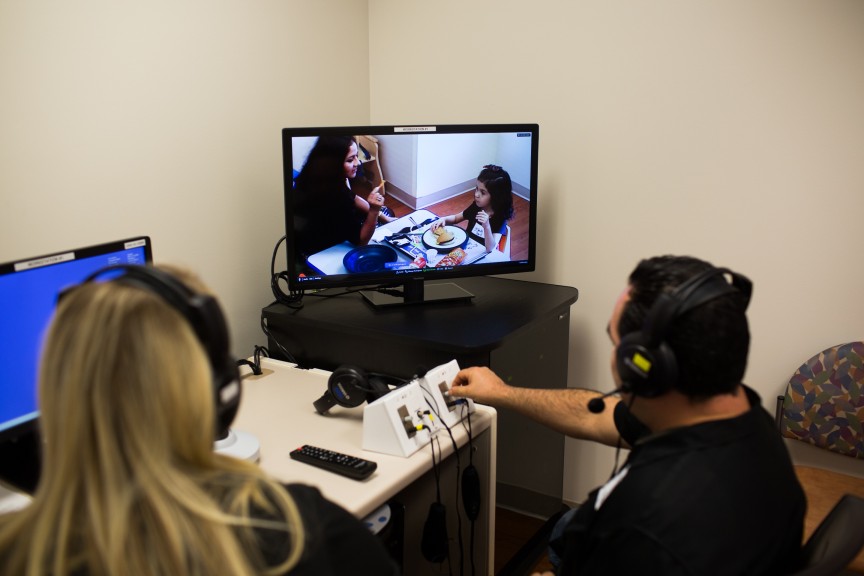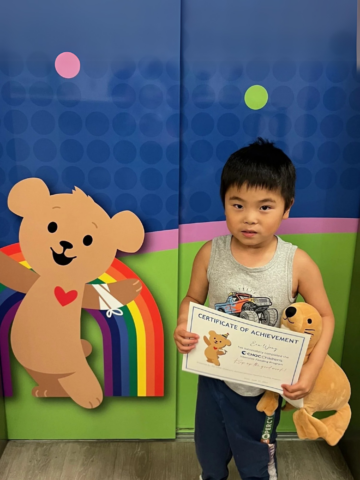If every meal with your child is a struggle, leaving you concerned that the problem could be more than a dislike for vegetables, it’s time to find out why. CHOC is nationally recognized for evaluating and treating young children with serious feeding problems, including those who have previously failed outpatient feeding therapy.
Learning how to eat and enjoy food is as much a developmental skill for your child as walking. If that process is interrupted by prematurity or a serious illness, an infant may miss the important first steps.
As medicine advances, more infants and young children are going home dependent on feeding tubes. Yet the transition to eating food by mouth is a complex learning process that involves far more than a spoon. It may also be complicated by such underlying medical conditions as acid reflux, food allergies or gastritis.
The Multidisciplinary Feeding Program at CHOC — the only one of its kind on the West Coast — offers a positive, holistic approach to feeding disorders. The program, which receives referrals from throughout the country, has grown and recently moved its treatment space to the third floor of the CHOC North Tower. The expanded space includes two feeding therapy treatment rooms, plus a central area equipped with state-of-the-art audio visual equipment, where families and staff may remotely watch therapy sessions in real time. The system also includes an audio feed, allowing therapists to provide advice and coaching when parents are alone in the room with their child.
In June 2015, a third team of physicians, nurses, nurse practitioners, occupational therapists, speech pathologists, social workers, developmental psychologists and dietitians will be added.

CHOC team members have presented at regional and national professional conferences, and have begun publishing their results in peer-reviewed journals.
“We only provide positive reinforcement,” said CHOC pediatric gastroenterologist Dr. Mitchell Katz, who directs the program. “First, we work on resolving the medical part of the puzzle, and then we focus on the behavioral aspects and work through the child’s fear and anxiety.”
In addition to outpatient services, a 19-day inpatient program is available for children with the most severe feeding disorders. A parent is admitted, too, and receives parenting and behavioral skills designed to improve the quality of life for the entire family.
“Children do not automatically grow out of severe feeding disorders,” Dr. Katz said. “But with direction and guidance, they can get better.”
For more information or to schedule an evaluation, please email [email protected] or call (714) 509-4884.






